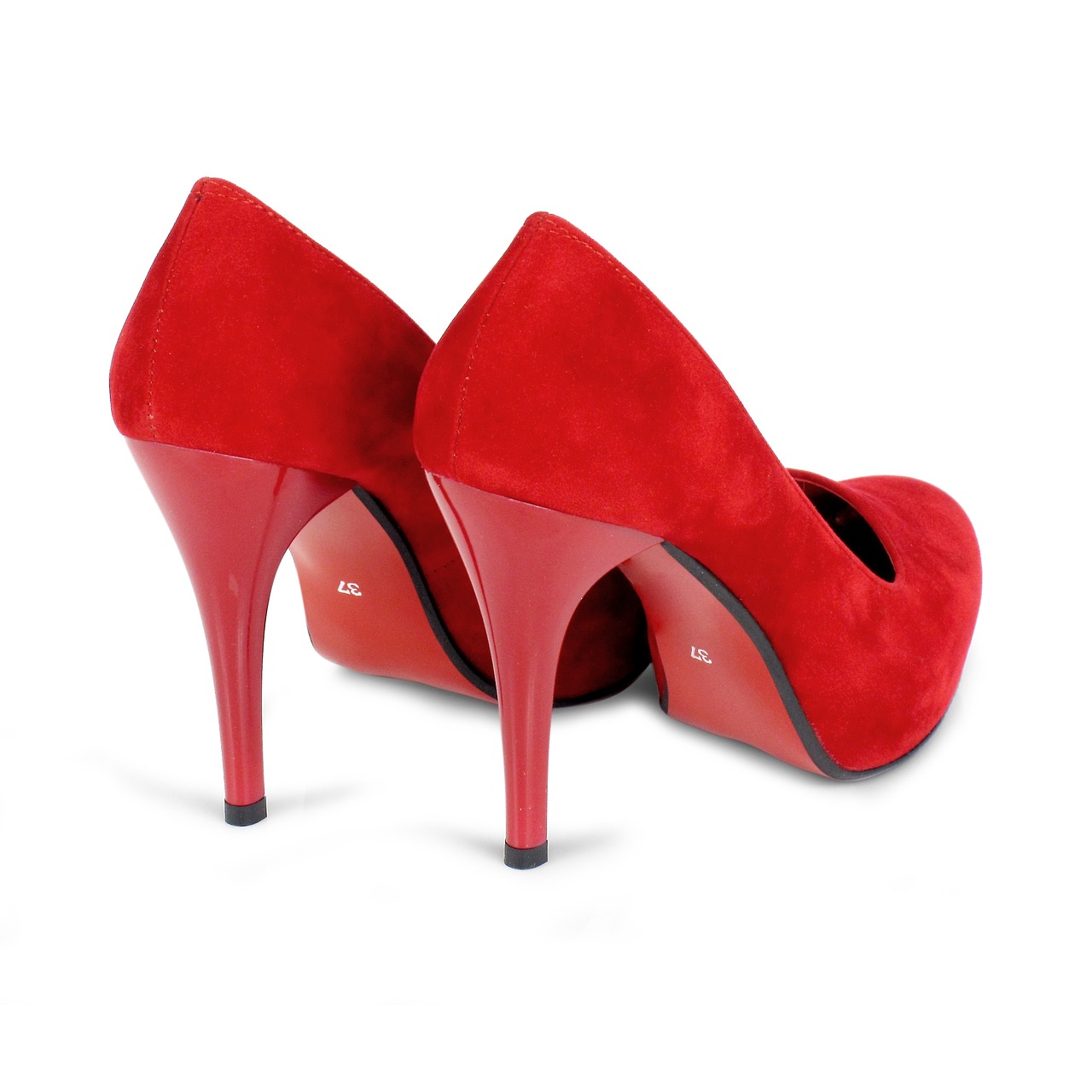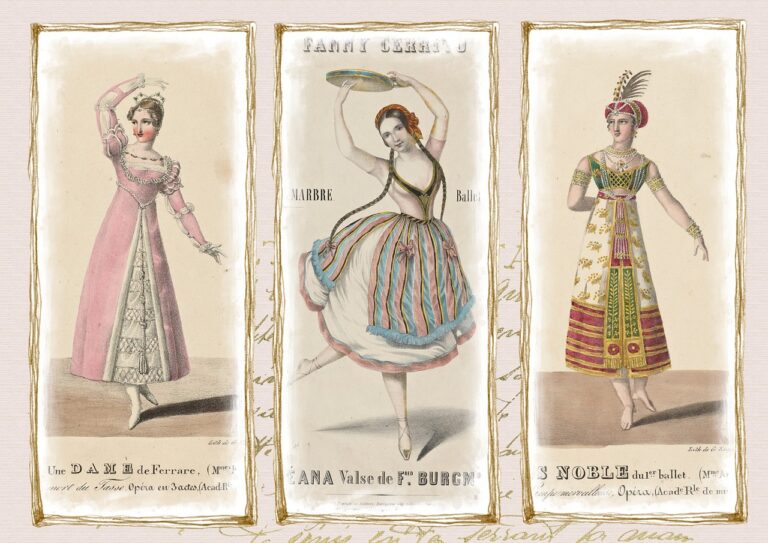The Psychology of Impulse Shopping in Fast Fashion
In the fast-paced world of fast fashion, there are several key factors that trigger impulse shopping behaviors among consumers. The constant influx of new trends and styles, coupled with the pressure to stay current and fashionable, often leads individuals to make spontaneous purchase decisions. Additionally, the fear of missing out on limited edition pieces or exclusive collections can drive impulsive buying tendencies in fast fashion retail settings.
Moreover, the convenience and accessibility of online shopping platforms have further fueled impulse shopping in the fast fashion industry. With just a few clicks, consumers can browse through endless options, compare prices, and make instant purchases, amplifying the temptation to indulge in impromptu shopping sprees. The allure of receiving new items quickly and easily, combined with the excitement of scoring a good deal, plays a significant role in triggering impulse shopping behaviors in the fast fashion realm.
The Influence of Social Media on Impulse Shopping
Social media plays a significant role in influencing impulse shopping behavior among consumers. The constant stream of curated content and advertisements on platforms like Instagram and Facebook can create a sense of urgency and FOMO (fear of missing out) that compels individuals to make spontaneous purchases. Influencers and celebrities promoting products also contribute to the allure of instant gratification, as consumers are more likely to succumb to the temptation of buying on impulse when seeing products endorsed by their favorite personalities.
Moreover, the interactive nature of social media allows for seamless shopping experiences, where users can easily click on a product tagged in a post and make a purchase within a few clicks. The blend of entertainment, engagement, and shopping on platforms like TikTok and Pinterest blurs the lines between leisurely browsing and making impulsive buying decisions. These platforms create a sense of immediacy and convenience, making it effortless for consumers to act on their impulses and buy products they may not have originally intended to purchase.
Social media creates a sense of urgency and FOMO that drives impulse shopping
Influencers and celebrities endorsing products contribute to instant gratification
Interactive features on platforms like TikTok and Pinterest make shopping seamless
The blend of entertainment, engagement, and shopping blurs the lines between browsing and buying impulsively
The Role of Limited Time Offers in Fast Fashion Impulse Buying
Limited time offers play a significant role in driving impulse buying behavior in the fast fashion industry. These time-limited promotions create a sense of urgency and scarcity among consumers, compelling them to make quick purchasing decisions before the offer expires. By leveraging the fear of missing out, fast fashion brands capitalize on customers’ impulsive tendencies, leading to increased sales and higher conversion rates.
Moreover, limited time offers in fast fashion not only stimulate impulsive purchases but also foster a sense of excitement and thrill in the shopping experience. Consumers are more likely to be motivated to buy when they feel they are getting a special deal that is only available for a short period. This sense of exclusivity and immediacy can trigger impulsive shopping behavior, as customers are eager to take advantage of the discounted prices or special promotions before they are gone.
What are some factors that trigger impulse shopping in fast fashion?
Some factors that trigger impulse shopping in fast fashion include limited availability of products, perceived scarcity, and the desire to stay on trend.
How does social media influence impulse shopping in fast fashion?
Social media influences impulse shopping in fast fashion by showcasing new trends, creating a sense of urgency to purchase, and promoting limited time offers.
What role do limited time offers play in fast fashion impulse buying?
Limited time offers play a significant role in fast fashion impulse buying by creating a sense of urgency and scarcity, prompting customers to make quick purchasing decisions.







